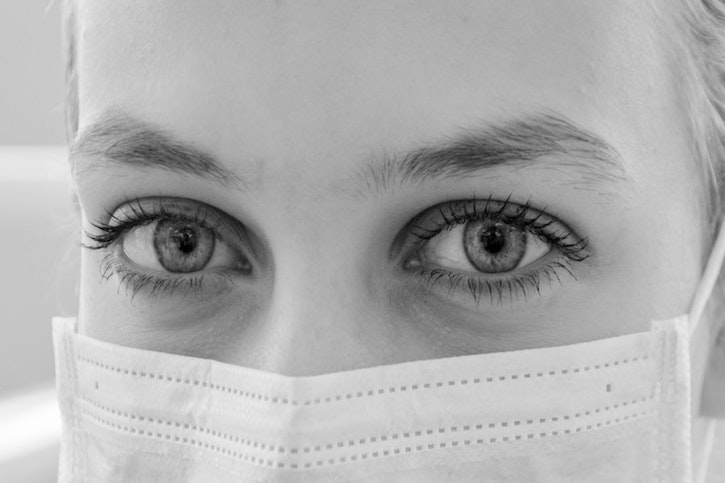One of the biggest concerns about the global COVID-19 pandemic, is how the infection might affect pregnant women and their unborn children.
While research and information is still limited at this early stage of the virus, there are still some important things that every pregnant woman must know. Read on to find out more.
Can Covid-19 be contracted in the womb?
One of the biggest findings in preliminary research is that the virus doesn’t appear to pass from mother to fetus in the womb. Despite these findings, it has been reported that a newborn baby in Britain tested positive for the virus just moments after being born. However, it is unclear exactly how and when it was contracted. Of course, more data about the disease is required before any solid conclusions can be made.
Should pregnant women consider a C-section?
Many pregnant women have questioned whether a caesarean section is a better option when giving birth. A caesarean section is an operation in which a baby is born through an incision which is made through the mother’s abdomen and the uterus. While it is too early to tell whether C-sections are the safer option, it is important to note that certain viral infections can be passed from mom to baby during delivery. However, the common flu virus, for example, doesn’t pass to babies during vaginal delivery.
Will Covid-19 complicate pregnancy and birth?
A pregnant women’s immune system is already slightly diminished, and flu and other respiratory infections are known to cause more severe illnesses in pregnant women. As such, Covid-19 may do the same. While again, data is limited, some findings suggest that the virus can cause a number of other complications. Firstly, pregnant women with COVID-19 have a greater risk of delivering prematurely, and on average, give birth around 36 weeks — 4 weeks before the due date. In more severe cases, COVID-19 may cause pneumonia, where oxygenation can become difficult. If a pregnant woman experiences severely poor oxygenation, the child may be deprived of oxygen which can put them at a higher risk for lasting developmental issues.
What happens after birth?
Anyone diagnosed with COVID-19, including the mother, will need to be isolated from the newborn until they recover in order to avoid transmitting the virus to the baby; however, it is still advised that these mothers provide breast milk. Furthermore, some protective equipment may be required, such as gloves and gowns.
How do you avoid contracting Covid-19?
For pregnant women wanting to protect the health and safety of themselves and their soon-to-be baby, hand washing, social distancing, and steering clear of anyone who is sick will lower the risk of being exposed to the virus. If a pregnant woman has a known exposure to someone who is sick or is experiencing any symptoms, it is crucial to get in contact with their obstetrician/gynaecologist straight away. Furthermore, always stay up to date with the advise and regulations provided by the Australian Government Department of Health.
Dr Bevan Brown is one of the most trusted obstetricians in Sydney and will give you complete and compassionate care in every way possible. If you have any questions regarding caesarean sections or would like to book an appointment, please do not hesitate to get in touch.
